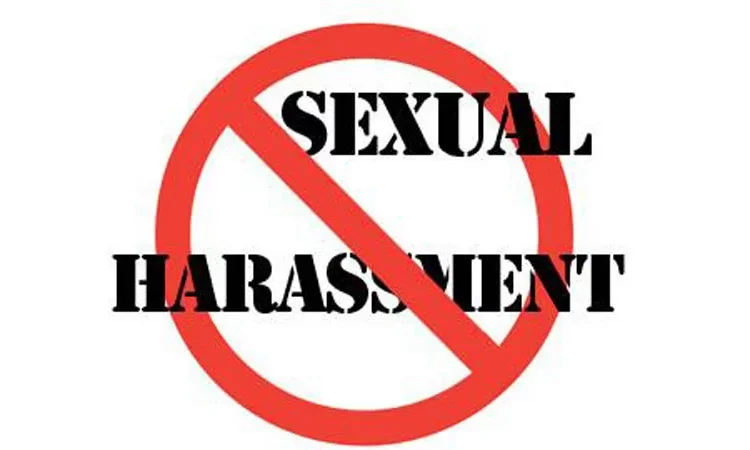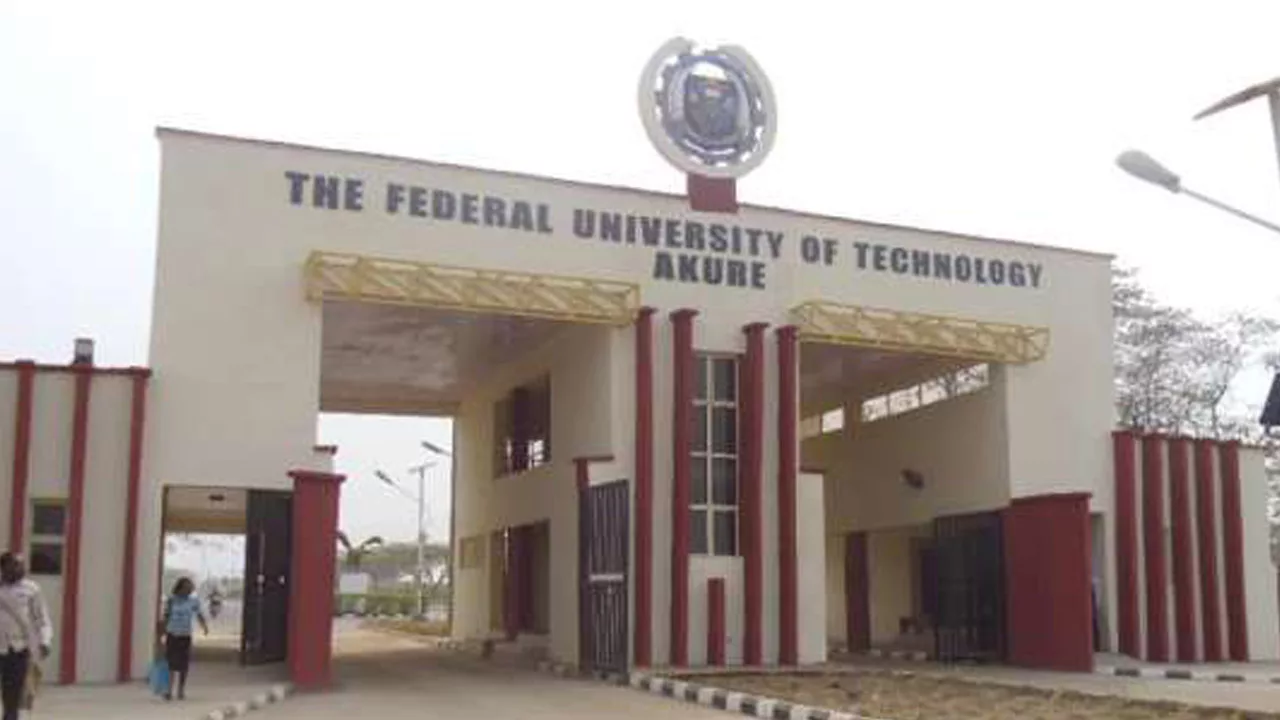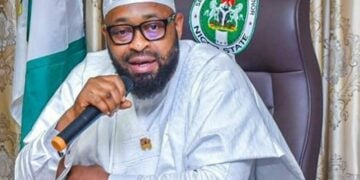Sexual harassment in higher education institutions remains a pervasive problem that is affecting students’ academic and personal lives in Nigeria.
Recent reports and cases of sexual harassment in some Nigerian tertiary institutions have highlighted significant concerns and the need to implement effective policies and support systems to curb the trend.
In 2023, an academic staff member at University of Lagos (UNILAG) faced allegations of sexual harassment by several students, leading to widespread protests and demands for institutional reforms to address such issues.
Also, there were multiple reports of sexual harassment involving both faculty and administrative staff, which prompted the university of Benin (UNIBEN) to establish new guidelines and support systems for students.
The incidents reflect ongoing challenges within Nigerian tertiary institutions regarding sexual harassment which showed that media engagement can play transformative roles in combating the issue, through targeted campaigns, educational programming, and open dialogues facilitated.
It is against this background that the Alliances for Africa (AFA) recently organised a two-day residential training for the media with the aim of addressing sexual harassment in tertiary institutions in Nigeria.
The training which was centered on Understanding National and Legal Frameworks to Address Sexual Harassment in Tertiary Institutions in Nigeria drew over 27 journalists from different media houses in Nigeria.
The workshop was designed to improve the knowledge of selected Nigerian journalists on the policies and issues around sexual harassment and how to use their platforms to address sexual harassment and violence.
During the workshop, participants expressed their commitment to supporting Alliances for Africa’s work through media investigations, reportage, and publicity with the expectations to know how legal frameworks can be used during sexual harassment litigation processes, learn how to change the social behaviour of people around sexual harassment and connection of fundamental human rights to sexual harassment, amongst others.
At the meeting, media stakeholders also requested for capacity strengthening in conducting and disseminating investigations and reports on sexual harassment, in a survivor-centred and justice-seeking way.
Some of the objectives of the workshop include; “Develop an understanding of the various relevant state, national, regional and international human rights frameworks that address sexual harassment in tertiary institutions, including limitations and challenges in enforcing their provisions, and strategies to mitigate the identified limited challenges as media personnels.
“Equip media professionals with a comprehensive understanding of Sexual and Gende-Based Violence (SGBV) as a human rights issue and best practices for effectively reporting and addressing it.”
Speaking, the facilitator, Mojirayo Ogunlana a legal expert with over 13 years’ experience, specialised in digital and gender rights, provided the definition of human rights and some universal fundamental human rights, including right to life, privacy, freedom of speech, information, movement, bodily autonomy, work, education, peaceful assembly.
She said government, institutions, and individuals are obligated to respect, protect and fulfil human rights.
These obligations, according to her include enabling access to remedy for claims of human rights violations and the failure to act or take action to redress infringement may amount to complicity in human rights violations.
Presenting a paper titled “Understanding Sexual Harassment as Gender-based Violence,” she also identified physical, verbal, psychological, sexual and socio-economic as types of sexual and gender-based violence SGBV.
According to her; “Sexual harassment is a form of sexual violence, an act which would be considered a sexual offence under the violence against persons prohibition 2015.”
She noted that sexual harassment takes place in different environments, such as workplaces, walkways, public spaces, schools and online.
“It includes rape assault by penetration, sexual assault, causing someone to engage in sexual activity without consent, sexual comments, jokes or taunting physical behavior online sexual harassment,” Ogunlana added.
This is just as the stakeholders emphasised the issue of legal loopholes that impede the effective reporting of sexual harassment, which not only hinder victims from coming forward but also obstruct efforts to address and resolve such misconduct comprehensively.
They also identified intimidation, lack of protection and culture of silence, stigmatisation as other challenges in reporting sexual harassment in Nigeria.
Also speaking, the Project Manager of Alliances for Africa (AFA), Blessing Duru, described the legal frameworks as a major catalyst capable of assisting the media to have a clear understanding of gender and sexual-based violence.
She called on the media to find spaces within their work line to fight sexual harassment.
“We need ideas and encouragement in what to do next it is idea-driven not activity-based based.”
Duru also said the baseline assessment carried out across twelve tertiary institutions in the country revealed alarming facts about sexual harassment.
“We engaged relevant stakeholders across the 12 states as the menace is so deep the cartel is huge,” she said.





